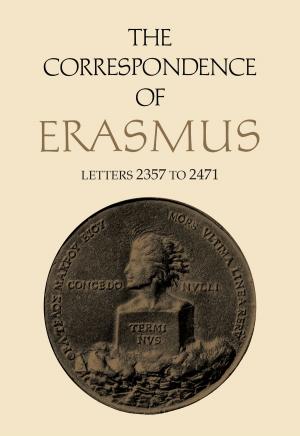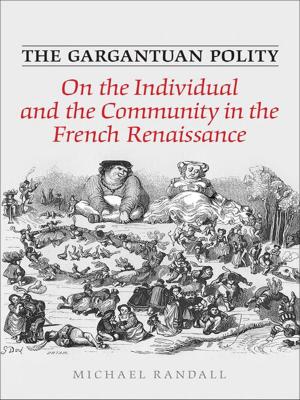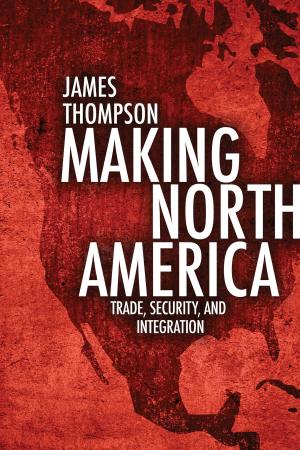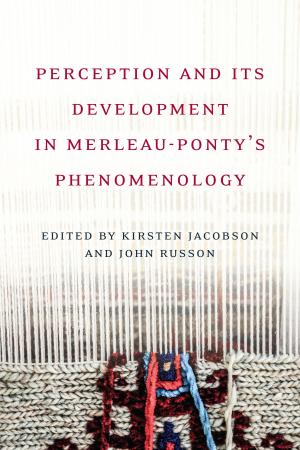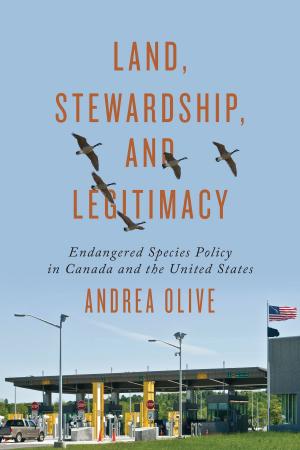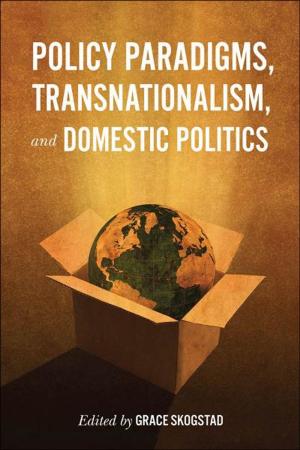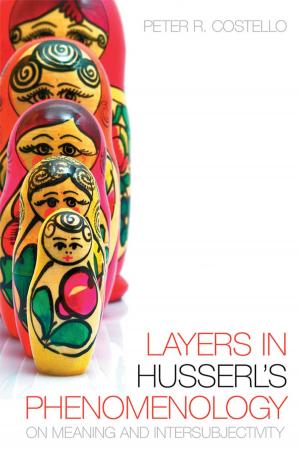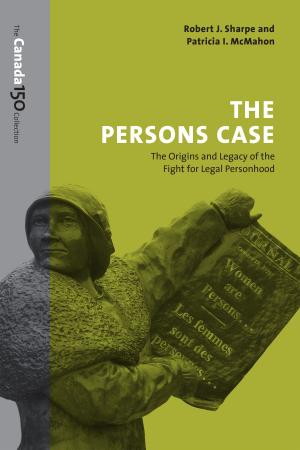On Being Here to Stay
Treaties and Aboriginal Rights in Canada
Nonfiction, Social & Cultural Studies, Social Science, Cultural Studies, Native American Studies, Anthropology, Reference & Language, Law| Author: | Michael Asch | ISBN: | 9781442669840 |
| Publisher: | University of Toronto Press, Scholarly Publishing Division | Publication: | February 24, 2014 |
| Imprint: | Language: | English |
| Author: | Michael Asch |
| ISBN: | 9781442669840 |
| Publisher: | University of Toronto Press, Scholarly Publishing Division |
| Publication: | February 24, 2014 |
| Imprint: | |
| Language: | English |
What, other than numbers and power, justifies Canada’s assertion of sovereignty and jurisdiction over the country’s vast territory? Why should Canada’s original inhabitants have to ask for rights to what was their land when non-Aboriginal people first arrived? The question lurks behind every court judgment on Indigenous rights, every demand that treaty obligations be fulfilled, and every land-claims negotiation.
Addressing these questions has occupied anthropologist Michael Asch for nearly thirty years. In On Being Here to Stay, Asch retells the story of Canada with a focus on the relationship between First Nations and settlers.
Asch proposes a way forward based on respecting the “spirit and intent” of treaties negotiated at the time of Confederation, through which, he argues, First Nations and settlers can establish an ethical way for both communities to be here to stay.
What, other than numbers and power, justifies Canada’s assertion of sovereignty and jurisdiction over the country’s vast territory? Why should Canada’s original inhabitants have to ask for rights to what was their land when non-Aboriginal people first arrived? The question lurks behind every court judgment on Indigenous rights, every demand that treaty obligations be fulfilled, and every land-claims negotiation.
Addressing these questions has occupied anthropologist Michael Asch for nearly thirty years. In On Being Here to Stay, Asch retells the story of Canada with a focus on the relationship between First Nations and settlers.
Asch proposes a way forward based on respecting the “spirit and intent” of treaties negotiated at the time of Confederation, through which, he argues, First Nations and settlers can establish an ethical way for both communities to be here to stay.


